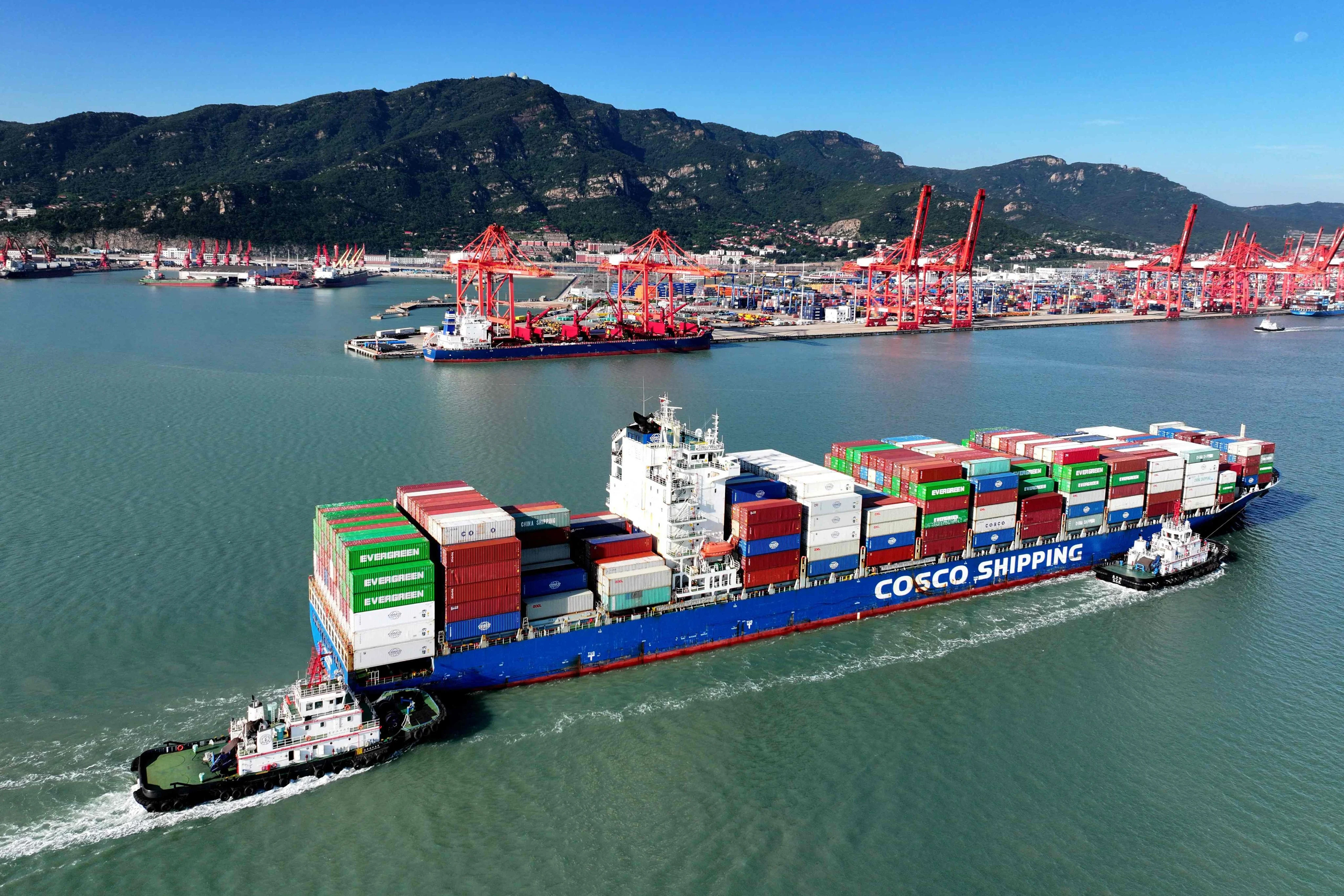By Jevans Nyabiage
Copyright scmp

Beijing has diversified its export routes amid the tariff war with the US, with high-value shipments to Africa growing by 25 per cent in the first eight months of this year.
According to China’s General Administration of Customs, exports to Africa totalled US$140.8 billion (1 trillion yuan) and grew between two and four times as fast as those to other major regions, such as Europe, Asia and Latin America.
Meanwhile, shipments to the US fell by 15.5 per cent in the period, as Beijing moved to diversify and divert its trade in response to new US tariffs. The US imposed tariffs of up to 100 per cent on electric vehicles and 50 per cent on solar cells, forcing Chinese firms to turn to emerging markets like Africa.
China-Africa specialist Lauren Johnston, a senior research fellow at the Melbourne-based think tank the AustChina Institute, said that soaring Chinese exports to Africa were a result of pressures elsewhere, especially following China’s tariff wars with the US.
“Tariffs to the US must be biting,” she said, adding that production might not be slowing proportionately.
Johnston said China was exporting its new growth areas, such as green transport, construction machinery and agricultural trade.
“Manufacturing construction goods was a big growth area,” she added.
As Chinese exports grew, the trade deficit between China and Africa widened to US$59.55 billion in the first eight months of the year, favouring Beijing. African exports to China grew by only 2.3 per cent year on year, reaching US$81.25 billion.
Total two-way trade between China and Africa was US$222 billion for the eight-month period, a 15.4 per cent year-on-year increase.
Africa’s exports to China are dominated by raw materials and commodities, with a smaller but growing share of agricultural goods. In contrast, China’s exports to the continent are mainly high-value manufactured goods, including machinery, electronics and green technology products.
Moreover, the demand for heavy machinery is soaring in Africa, as countries like Nigeria, South Africa, Egypt, Tanzania and Algeria undertake massive infrastructure projects that are either funded or built by China.
Solar exports to Africa rose by 60 per cent to 15 gigawatts in the 12 months to June this year, according to a new analysis from the energy think tank Ember.
Johnston added that Africans appeared happy to see construction, jobs and manufactured goods arriving to foster growth, and China was emphasising what it was buying in return, such as new agricultural exports.
Sub-Saharan Africa geoeconomic analyst Aly-Khan Satchu said the headline and eye-popping increase in Chinese exports to Africa revealed a significant shift in trade dynamics.
He said the stand-outs were construction machinery, which increased by 63 per cent; solar panels, which grew by 60 per cent, strong steel products and passenger vehicles, which more than doubled.
Satchu said this reflected China’s lock on the continent’s infrastructure and electrification roll-out.
“I look at these numbers as uniquely constructive as they speak to a much needed and overdue African [capital expenditure] acceleration,” Satchu said.
The continent attracted the largest volume of construction projects related to the Belt and Road Initiative – US$30.5 billion – in the first half of this year, a jump from US$6.1 billion recorded in the same period last year, according to a recent study by the Green Finance & Development Centre at Fudan University in Shanghai.
The study ranks Nigeria as the African nation with the highest volume of Chinese-funded or Chinese-built construction projects in the first half of this year.
In terms of scale, China’s trade with Africa may not be as important as with Asia, Europe and North America, but the continent is key to China’s long-run growth and market ambitions.
“Africa is where China takes its firms and brands global and where they get experience, create markets and brand recognition,” Johnston said.
Beijing has also removed tariffs on all products from all African countries, except eSwatini, which has diplomatic ties with Taipei.
Du Xiaohui, who oversees African affairs in the foreign ministry in Beijing, said in August that due to the zero tariff policy, China’s coffee imports from Africa totalled US$246 million from January to June 2025, surpassing the US$157 million recorded for the entire year of 2024.
However, Yufan Huang, a pre-doc fellow with the China-Africa Research Initiative at the Johns Hopkins University school of advanced international studies, said the Chinese government might need to do more to address the structural imbalance in trade to ensure sustainability.
“China has eliminated tariffs for African products, but Africa’s exports to China have not grown as quickly as expected,” Huang said.
Further, the government had encouraged Chinese companies to invest more in the continent, yet investment flows had remained sluggish, he added.



